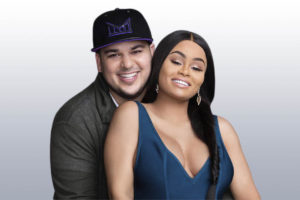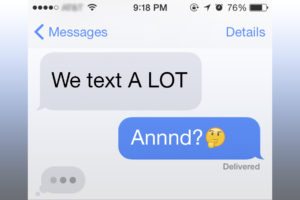How storytelling affects our brain
Part of our survival as humans rely on our connections with others. Since the beginning of time we have used stories, not only to connect, but also to learn and share experiences.
A behavioral study by Paul J. Zak, founding director of the Center for Neuroeconomic Studies, helped to explain why stories have such a powerful effect. His lab found that when listening to stories the neurochemical oxytocin is released, helping signal to your brain that it’s okay to approach others. It signals we can trust another. It signals we can cooperate.
When listening to a story, your brain begins to interpret the story of another as if it’s happening to us. It allows you to experience an event, or an emotion, so that you can store the information for later use in our own lives.
Listening to a story activates your brain and allows you to turn the experience into your own. Your brain does not differentiate between reading a story line and actually experiencing it. You feel what the characters are feeling, learning along with them about what is safe, what isn’t, who is friend, and who is foe.
Stories can foster connections with others who come from different backgrounds than you, creating deeper relationships that foster cooperation.
Story helps give you a new perspective
The real magic of storytelling is the ability to break down the walls around us.
Writer Elif Shafak explains, “In my opinion, one way of transcending these cultural ghettos is through the art of storytelling. Stories cannot demolish frontiers, but they can punch holes in our mental walls. And through those holes, we can get a glimpse of the other, and sometimes even like what we see.” Companies like StoryCorps aim to do just that. Their mission is to preserve and share humanity’s stories to help build connections and create a more compassionate world.
Dangers of story
In her Ted Talk ‘The Danger of A Single Story,’ Chimamanda Ngozi Adicihie explains, “But the unintended consequence was that I did not know that people like me could exist in literature. So what the discovery of African writers did for me was this: It saved me from having a single story of what books are.”
As humans we like to categorize. Even with stories, we lean towards dividing people into categories: friend or foe. Unfortunately, this has the potential to place people in a stereotype. Stereotypes are created when only a single story of who that person is persists.
Adichie said, “I’ve always felt that it is impossible to engage properly with a place or a person without engaging with all of the stories of that place and that person. The consequence of the single story is this: It robs people of dignity. It makes our recognition of our equal humanity difficult. It emphasizes how we are different rather than how we are similar.”
Ultimately, the point of stories is to create connections from our similarities, not our differences. There isn’t one story of a person, one story of a culture, one story of group of people. The real story lies in our commonality.
So, what about your story?
The truth is, we all have a story to tell. When someone wants to get to know you they say, “Tell me about yourself.” What they mean is, “Tell me your story.”
When developing our story, we create a narrative from our experiences. We edit it, craft it, and hone it. It is special to you, yet it is not wholly unique. Because there are commonalities that we all share: fear, pain, joy, sadness, happiness, and love. These emotional experiences transcend the story itself.
When we understand that we all have a story, a special perspective, we acknowledge that others have a story as well. Ask someone about their story. Reach across the divides to understand and empathize with someone else’s experience. Everyone’s story can teach us something. So next time you find yourself unable to understand or connect to someone, ask them about their story. You may be surprised at what you feel.






